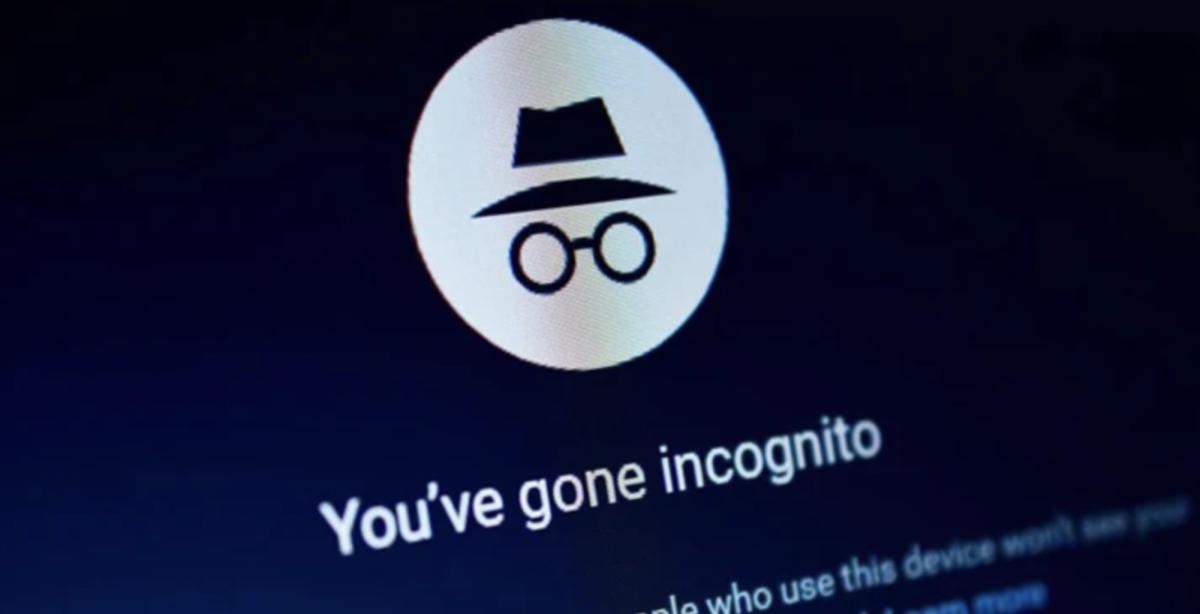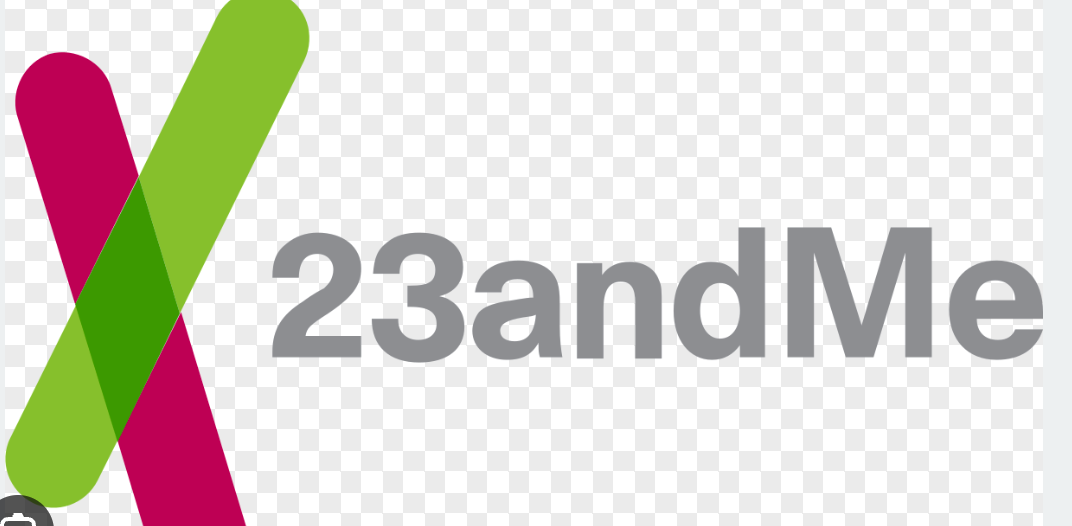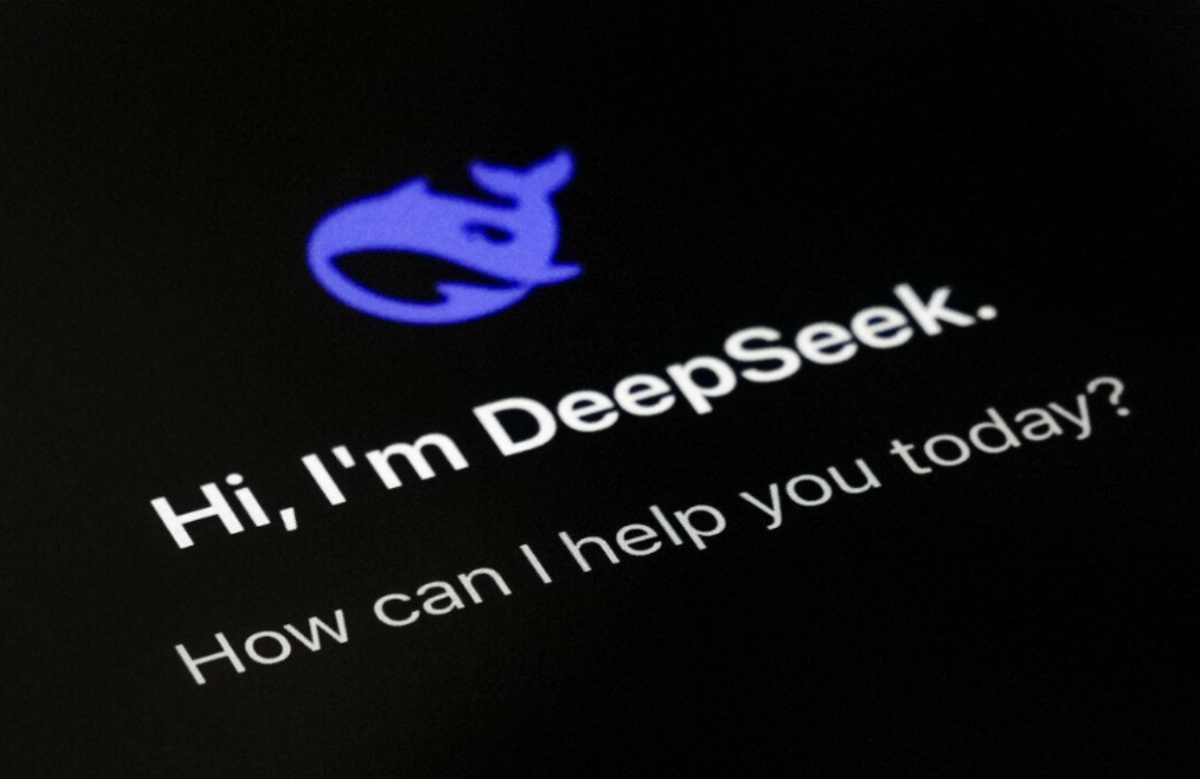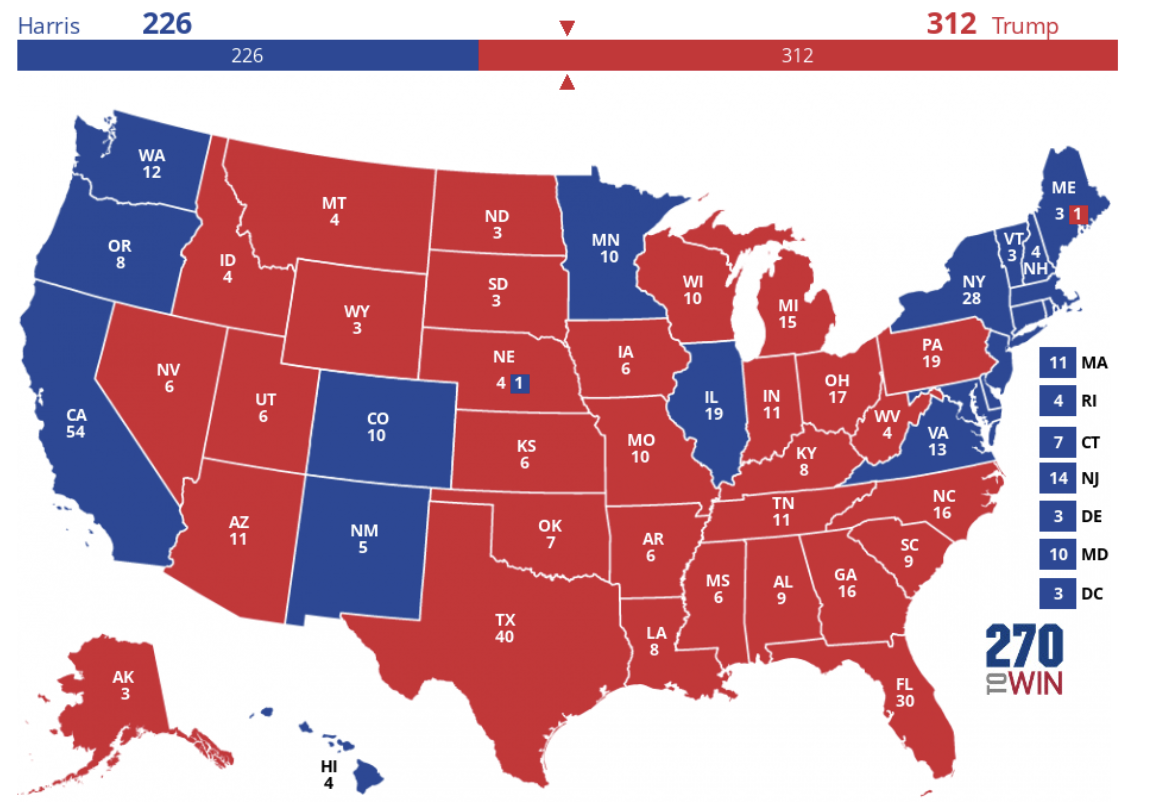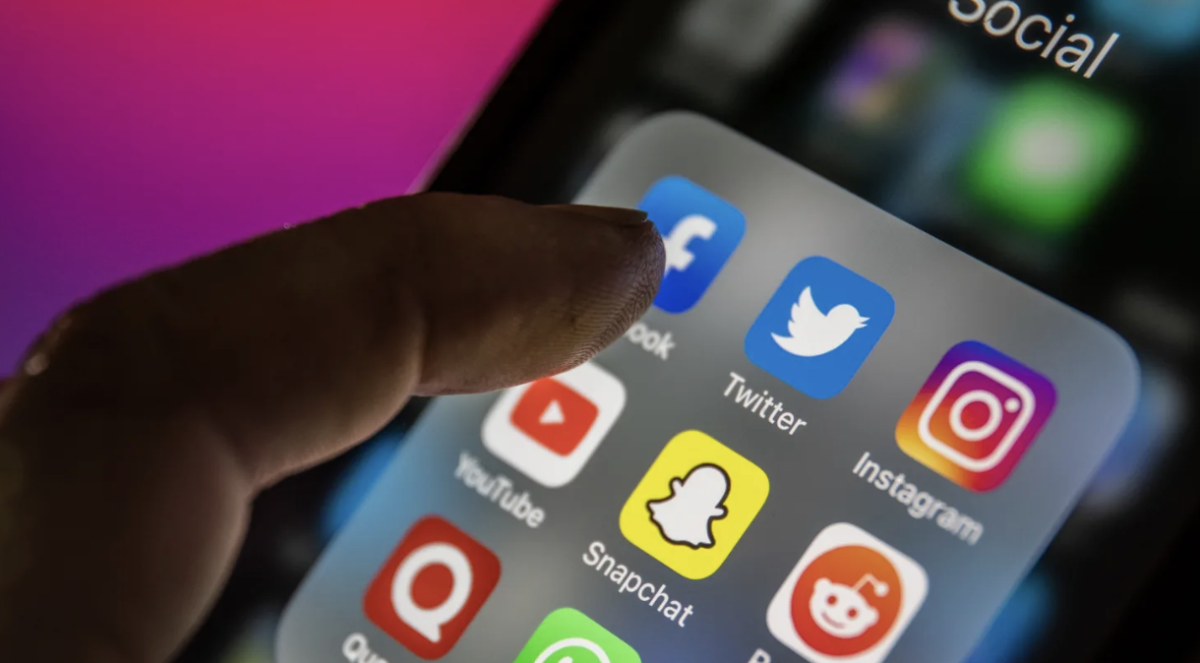The concept of “private browsing” took a hit recently as Google settled a class-action lawsuit over its data collection practices in Chrome’s incognito mode. The tech giant has agreed to delete billions of browsing records and update its disclosures in a move highlighting the ongoing battle between user privacy and corporate data tracking.
In June 2020, consumers filed a lawsuit against Google, alleging that the company misled users about the privacy implications of incognito mode. Despite the “private” label, Google kept collecting browsing data, creating a divide between user expectations and the reality of their online footprint.
As part of the recent settlement, Google is getting rid of data records linked to incognito sessions. It will also make its privacy disclosures clearer about how user data is handled, and what is and isn’t visible to websites during private browsing.
While this news might be a major revelation for some, many students expressed a baseline awareness about online tracking.
“I think it’s kind of just like an obvious thing, like, nothing you do on the internet is private, technically,” said senior Akul Rana.
Others had prior knowledge about how incognito mode actually works.
“I knew that it wasn’t that private, but I didn’t know that Google specifically was keeping the data,” said senior Andrew Su.
Some students even connected their awareness to their experiences in school.
“From my previous knowledge, everything on the internet is being tracked. And you have a digital footprint…basically, it never leaves you,” said sophomore Veer Singh. “We actually learned about this in Mr. Bryant’s computer science class. Even when you use incognito, the websites and whoever runs your Wi-Fi can probably still see what you’re doing.”
This data, including IP addresses and device identifiers, could then be linked back to the Google account, giving a detailed picture of the user’s activity.
The Google lawsuit didn’t just allege misleading labels. It exposed the company’s continued data collection even when users believed they had opted for privacy. This breach of implied privacy is what sparked strong feelings of frustration and betrayal among students.
“I feel like they promised that incognito mode would protect your secrecy, and that it wouldn’t be available to anyone. But clearly, it is. So that’s just incredibly misleading,” said sophomore Wiley Lum.
“I think it’s definitely wrong that they’re just now telling people,” said sophomore Tenzin Patel. “You probably do have somewhere like in fine print that ‘oh, we do track some sort of data.’ But I think it is kind of unfair to users that they’re not fully disclosing that they’re tracking all the data.”
Specifically, the way Google presented incognito mode made some students feel like their trust was taken advantage of. Students say that this could even lead to many losing trust in large tech companies overall.
“If a big company like Google does this,” said sophomore Caleb Patterson, “it feels like I can’t trust anyone online.”
“You can never really trust something like that. I feel like you just have to stay careful and make sure you’re aware that you have a digital footprint, no matter what, and just accept the fact they’re not going to stop tracking,” said junior Anthony He.
Some students considered switching to an entirely different search engine.
“I wouldn’t consider using it in the future. If I want to browse privately, I’d rather use another, such as DuckDuckGo,” said freshman Patrick Lu.
This mistrust fueled a broader debate: should companies be allowed this level of data collection? Students had mixed feelings about companies collecting online activity data. Some see value in the tailored experiences it enables.
“If companies have an algorithm that improves their user interface, and personalizes it to that person–such as YouTube, Instagram, etc.–it’s a win-win,” said sophomore Neil Govin.
Patterson brought up a special point, speculating if Google’s intention was to “catch criminals in some type of way.”
Others, however, want clear boundaries and greater control.
“I feel like they should collect data, to a certain extent…but if it’s something personal, something I don’t want others to see, I think they shouldn’t be able to use that for data purposes,” said He.
Central to the debate is consent. Some believe that even if some data collection benefits users, companies have the responsibility to be transparent about their practices.
“The main problem is they don’t tell people upfront what data they’re collecting,” said Patel. “I’d be more okay with it if they asked directly instead of trying to hide it.”
Regardless of their initial reactions to the Google case, most students acknowledged the importance of online privacy.
“I think it’s just from my previous knowledge, everything on the internet is being tracked. And you have a digital footprint…basically, it never leaves you,” said Singh.
The Google incognito case serves as a warning that companies may not always prioritize user privacy. Understanding the realities of online privacy is the key to being digitally safe in a world where data is constantly collected.
Edited by Andrew Su
